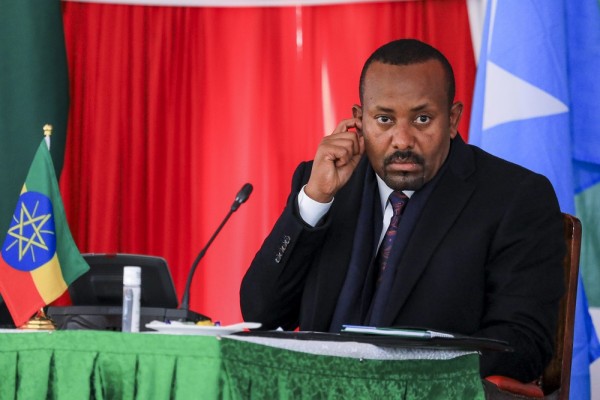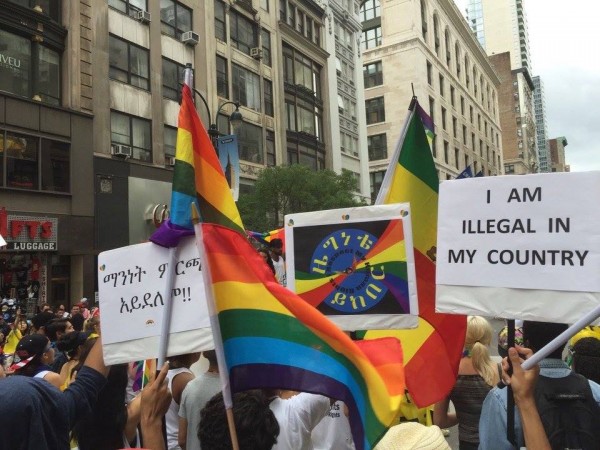H.E. Ato Meles Zenawi
Prime Minister
Federal Democratic Republic of Ethiopia
P.O. Box 1031
Addis Ababa, Ethiopia
Fax: +251 1 552 020
Vienna, 14 December 2005
Your Excellency,
The International Press Institute (IPI), the global network of editors, leading journalists and media executives in over 110 countries, is writing to express its dismay at the recent imprisonment of a number of Ethiopian journalists.
According to information provided to IPI, a number of Ethiopian journalists have now been sentenced and imprisoned or are being held in custody awaiting court hearings. On 7 December, the former editor-in-chief of the Amharic-language weekly Agere, Getachew Simie, received three months’ imprisonment for criminal defamation.
Two days later, on 9 December, the former editor-in-chief of the Amharic-language weekly Dagim Wonchif, Laykun Engeda, received 15 months’ imprisonment for allegedly publishing false news. The article forming the basis of the charge against Engeda was apparently written in 1999. Another journalist, Wosonsegad Gebrekidan, was sentenced to eight months’ imprisonment for an offence unconnected to the violence in November of this year.
When viewed in the light of the statement made by Your Excellency that journalists appearing on a government approved list should be prosecuted for treason, it is difficult not to see these imprisonments as proof of a determined effort to punish journalists by every means possible for their criticism of the government.
Your Excellency, it is a crucial role of the Ethiopian government to work to heal the wounds exposed in society since the May parliamentary elections. The sad deaths of Ethiopian citizens since this time have only exacerbated an already volatile situation, and there is now a real need to bridge the gap between the government, on the one side, and other groups, including elements of the media, on the other.
Rather than trying to bridge these gaps, however, the Ethiopian government seems intent on widening them through its apparent vindictive and wholly unnecessary pursuit of journalists under repressive laws that have no place in a modern and open society. In consequence, with each repressive step, the government is taking itself further away from its declared goal of introducing greater freedoms in Ethiopia.
Instead of punishing journalists, the Ethiopian government should have pursued a policy of raising its concerns about reporting standards in the appropriate forums. Government ministers should also have explained their views in press conferences and interviews. Discussions, as opposed to open threats, with the various media houses, would also have helped during this period. Rejecting this opportunity, however, the Ethiopian government chose to use belligerent language and to apply outdated and outmoded laws.
As a result, by its own hand, the Ethiopian government is slowly destroying the open media environment that the country has often appeared on the cusp of achieving. Many journalists are now in jail, while others remain outside the country fearing retribution; media organisations are also increasingly worried for the future.
IPI also wishes to point out that these actions are having an increasingly damaging effect on the standing of Ethiopia before the international community. With each imprisonment of a journalist, the Ethiopian government is undermining the international goodwill expressed towards the country since the present government first intimated a desire to introduce greater freedoms for the Ethiopian people.
Bearing the above in mind, IPI appeals to Your Excellency to retreat from the present policy of punishing journalists and to create an open media environment that encourages journalists to pursue their own voluntary and independent methods of improving the standards of journalism, while also enabling journalists to express themselves freely and without fear that they will be arrested and imprisoned.
Regarding those journalists presently outside the country, IPI invites Your Excellency to issue a statement allowing them to return to their homes and making it clear that the authorities will not arrest them or apply any other form of retribution, legal or otherwise.
We thank you for your attention.
Yours sincerely,
Johann P. Fritz
Director


